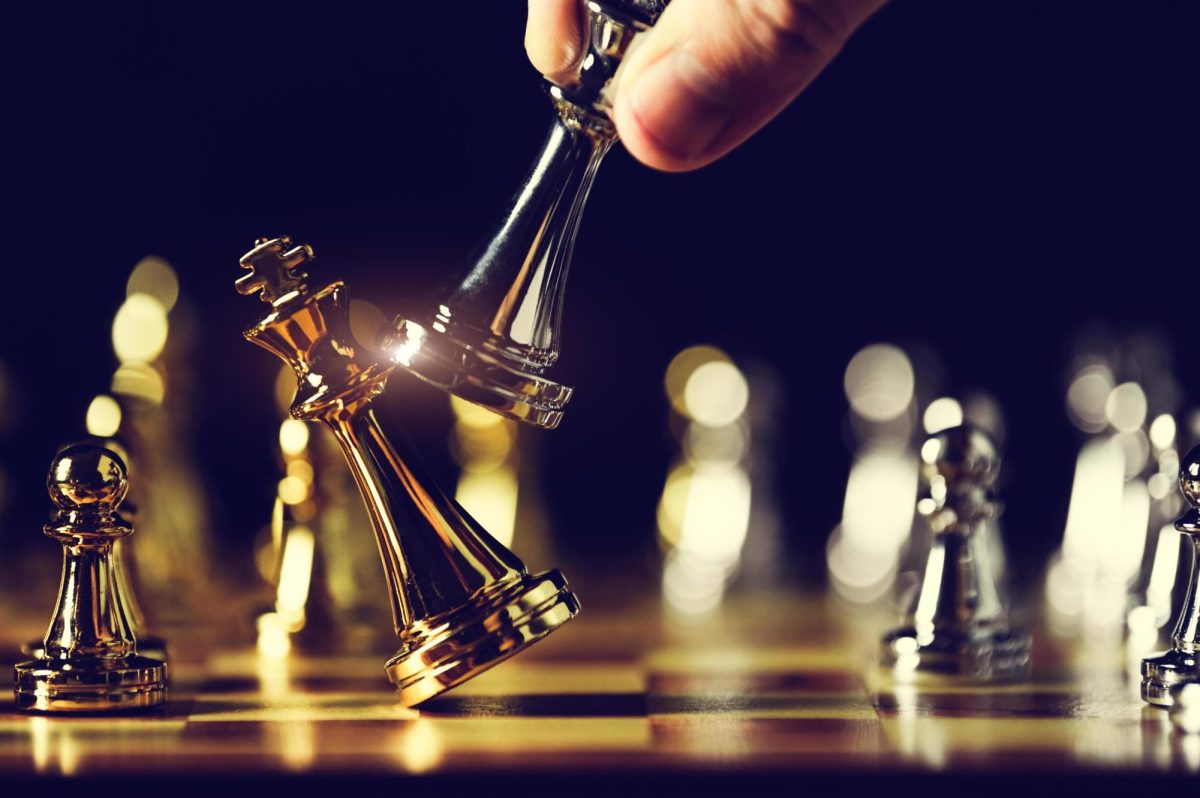It’s a claim that’s been made since everyone reading this was born: that Chess, arguably the most famous board game on the planet, also serves as a great way to surmise one’s intelligence. There are many ways this claim is made: intelligent people are better at Chess, getting better at Chess improves one’s intelligence, mastery of Chess requires a minimum intelligence. But are these claims themselves intelligent? Does the logic check out, or is this a mere misconception?
In order to determine whether Chess and intelligence are linked, it is first vital to determine what skills Chess mandates. As any Chess master will tell you, the game is divided into three stages that demand different skills throughout.
The ‘Opening’ refers to the first couple of moves on the board, where a small enough number of moves have been performed that one can study and memorize how to play. For this reason, playing the Opening well primarily comes down to the time and effort one has put into learning the game. If you want to play a Grandmaster-level opening, all you need to do is study and master as many Openings as you can. Similarly, the End Game, the point where few pieces remain and one side is strongly ahead, really just requires the winning player to study proper ‘End Game’ and Checkmate technique. But the ‘Middle Game’ is different.
Eventually, one side will play a move off-the-books, which is not as commonly done as the Opening’s ‘Book Moves’. At this point, the game transitions into the Middle Game. This Middle is the primary part of the game, and where most people will say intelligence comes into play. But that claim ignores one key factor of most people’s learning processes: a feature in many Chess-learning sites and books known as Chess Puzzles. These present themselves as Middle-Game situations where the board is set up in a particular way, pieces strewn about the board to mimic a possible real situation one might find in the game. The learner is then encouraged to look for the best move in the situation. Many Chess masters will strongly encourage you to do these Puzzles, singing their praises and recounting how they promoted their own growth. This reveals a fundamental flaw in the intelligence theory- that Chess is primarily reliant on pattern recognition. To play a good move, players must realize what situation they are in and understand what sort of play will lead them to victory, a skill that can be developed by merely playing games and puzzles often. It is undeniable that intelligence helps- it makes it easier to memorize common situations, strategies, and plays, and quickens the process of learning from mistakes. But the main thing that differentiates a good Chess player from a bad one, as with any skill – such as drawing, composing, sports, or weightlifting – is not talent, intelligence, or luck. It is time, effort, and passion. If you really want to become great at something, don’t waste your valuable time moping about a lack of talent- go out and do it!

